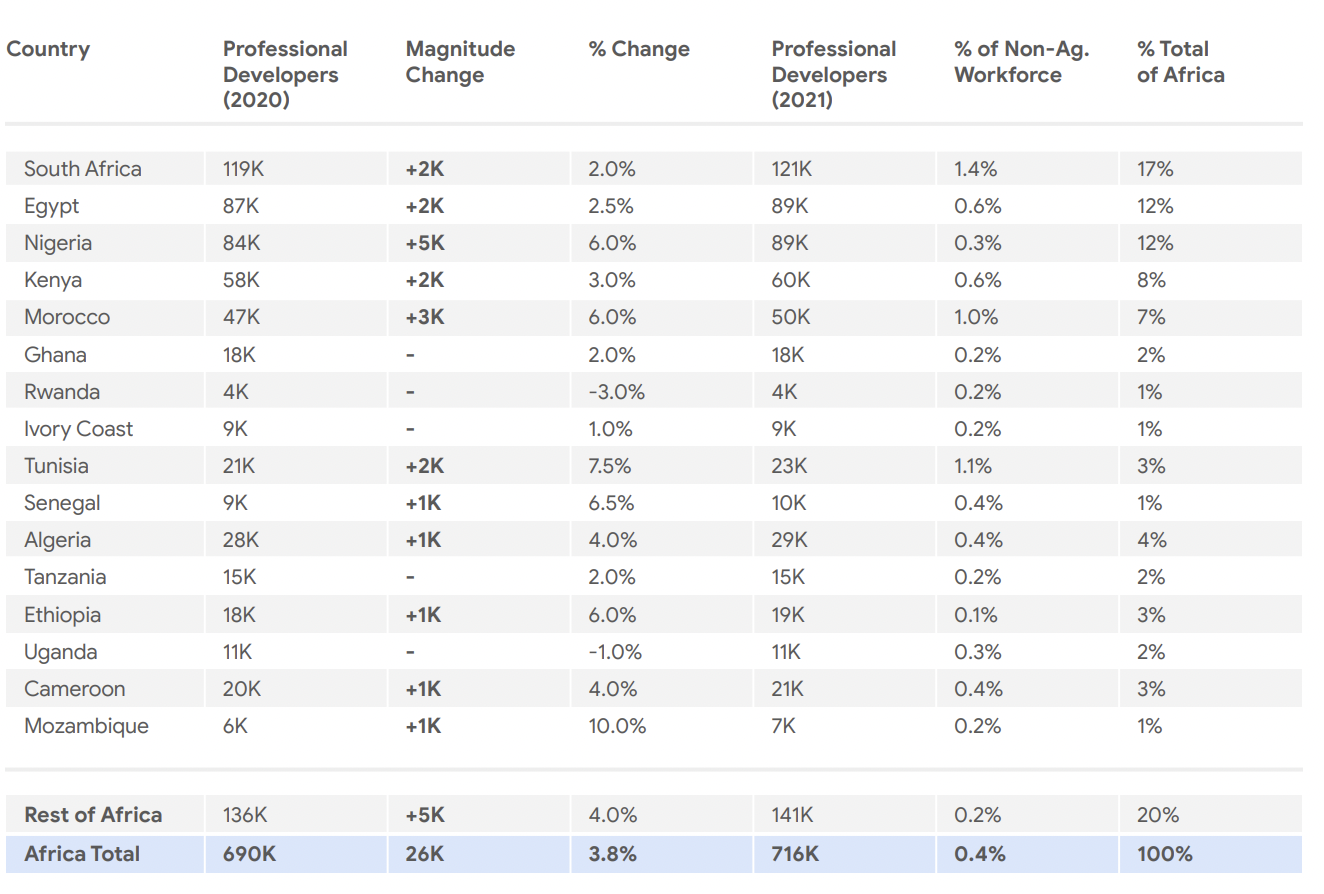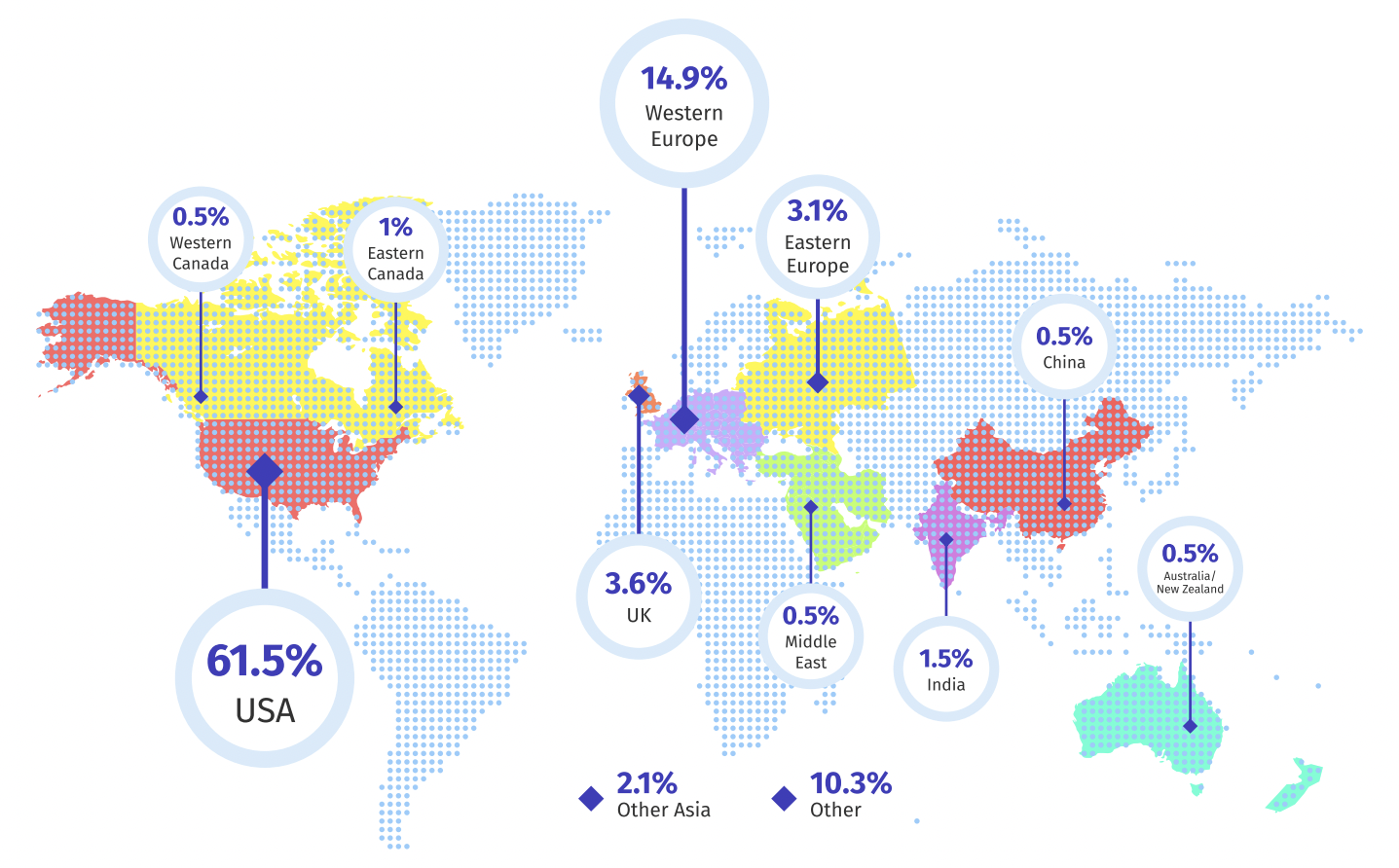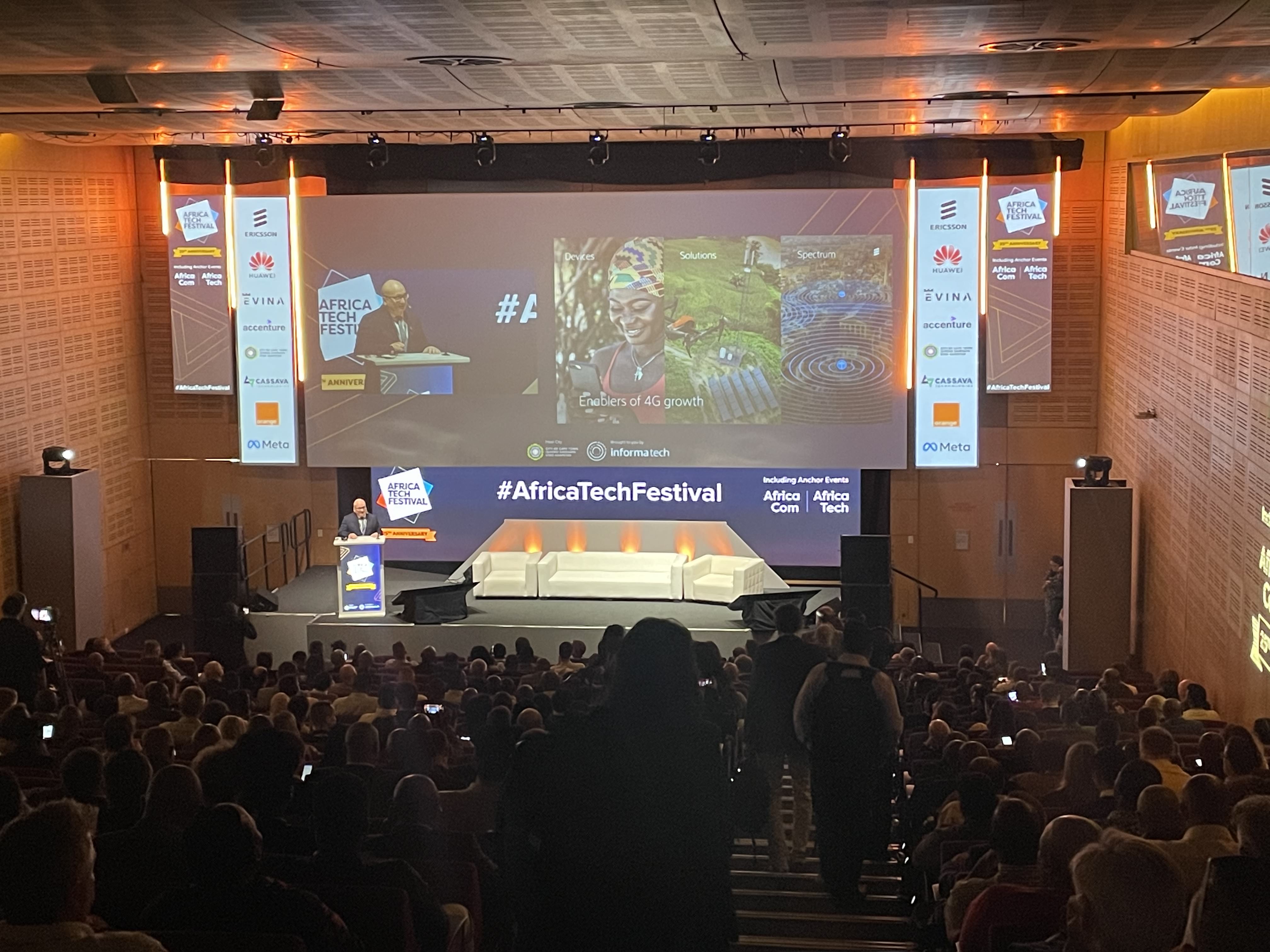First things first, I will admit, that is quite a long title for the article but I had to pen it down like so, to drive specific points home not only for the African developers but for companies within and outside Africa that are ready to tap into this ecosystem. Just another disclaimer, I will most likely use the word ‘ecosystem’ quite a lot.
It’s important to give a bit of perspective into how the ecosystem has evolved, how it continues to do so, and most importantly, a glimpse into what the future looks like for the developer ecosystem in the continent and specifically why companies need to tap into the Developer Relations practice.
One of the narratives we will have to fix is that which assumes that Africa is one large country. Understanding how diverse the continent is, is key for tech companies wanting to tap into the ecosystem. Here’s a nice read on how to better understand how diverse Africa is.
In 2019, Microsoft after having acquired Github, made a bet on the African developer ecosystem by investing $100 Million in the construction of a software developer center. The same company recently announced initiatives to support 10,000 African start-ups over the next five years. Not only that, in 2021, Google’s CEO, Sundar Pichai announced a $1 billion investment in Africa which will see countries like Kenya, Nigeria, Ghana, and Uganda benefit from this investment. I believe there’ll be ripple effects by the presence of Google in other countries too because of this investment. There are so many examples of global tech conglomerates entering the African market; Amazon, Facebook, Huawei, and so on. All this evidence leads to one thing, Africa is at the epitome of its growth technologically and there is no backing down from here.
Africa is on the verge of undergoing a digital revolution. In Africa, 300 million more individuals will go online in the next five years, many of them youthful, enterprising, and digitally aware. By 2025, the African internet economy might be worth $180 billion, or around 5.2 percent of the continent's GDP. Such insights should motivate any company whether already operating in Africa or seeking to do so, to make the move and establish its presence.
Where does DevRel come into play in all this, you may ask? Well, at the intersection of this growth and projected growth is DevRel which if a company makes an investment in, they get to harness all the benefits of a community of developers, indie hackers, techpreneurs, and so on, using their product. The use of communities within these African countries to drive product adoption could be a key strategy in being a major player in the African ecosystem (this has been my mission with being a Community Organizer for the GitHub South Africa Community).
According to the Google Africa Developer Ecosystem 2021, Africa has 716 000 developers (yes, you read that right). Whether you are a GitHub or a No Code startup, a Cloud Infrastructure Provider building on top of AWS, or a Remote job board, an Application Performance Monitoring startup, etc., I am of the conviction that this right here is good news enough to get you excited about starting to think about setting up a Developer Relations team within your organisation to build a community within Africa and drive product adoption.

The 2021 State of DevRel Survey indicated that the majority of companies practicing DevRel are in the USA. This adoption by a majority of companies outside Africa should speak to companies within the continent to perhaps start thinking about adopting DevRel practices.

In conclusion, without digging into more statistics and such, I believe it is apparent that DevRel has been yielding so many results for companies that have been practicing it and this is the right time for companies within and outside the African ecosystem and continent to tap into the community and help build a thriving ecosystem while driving product adoption.
